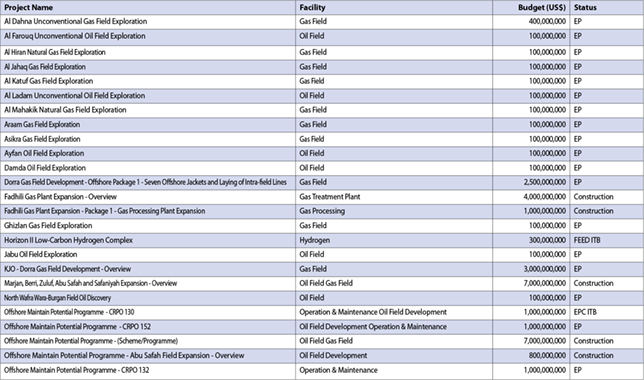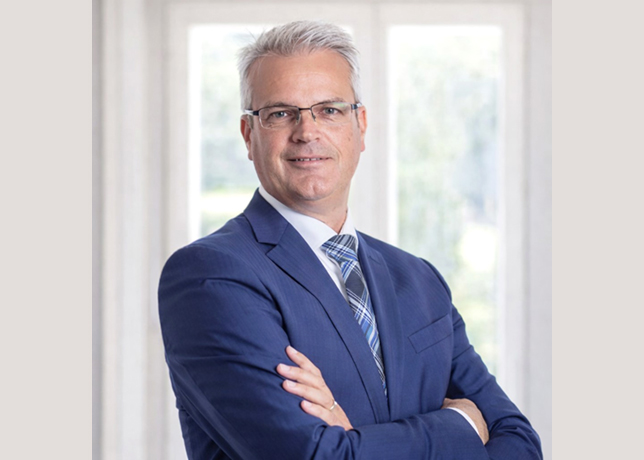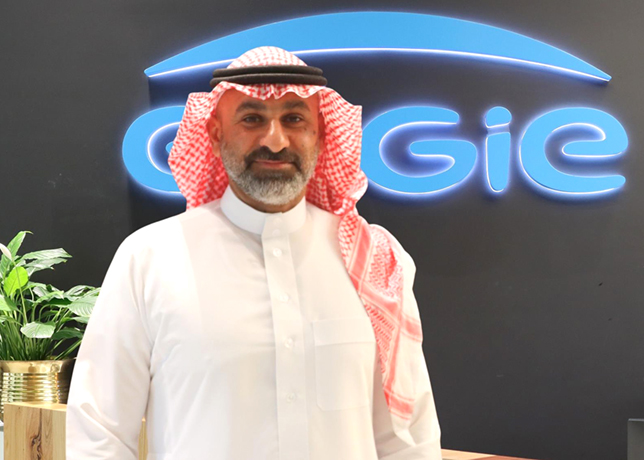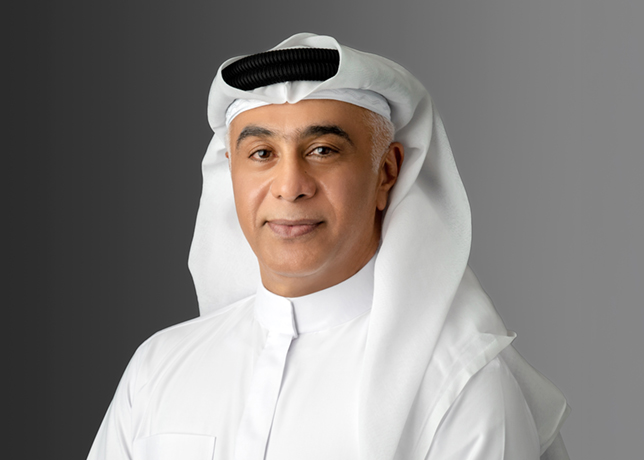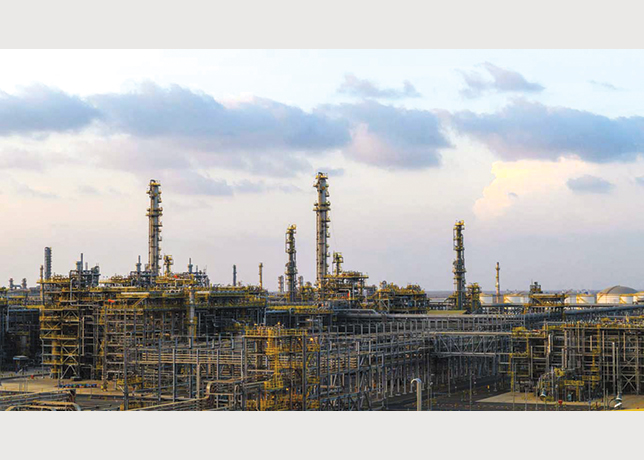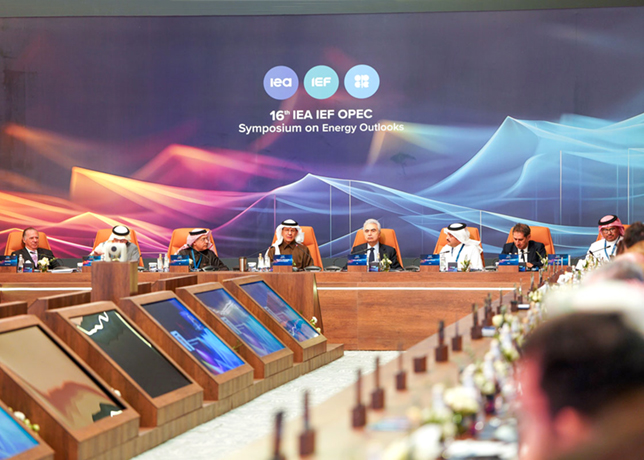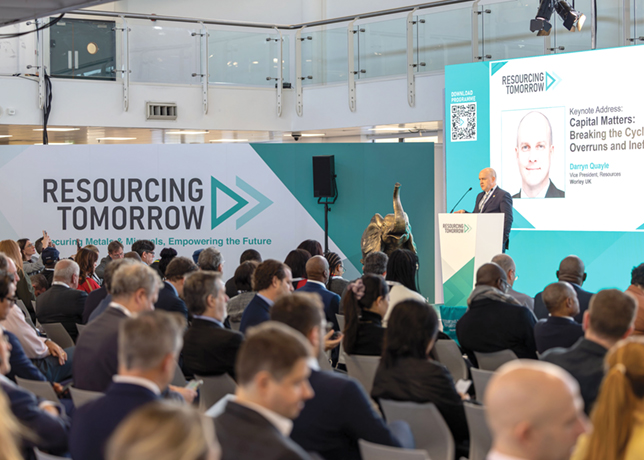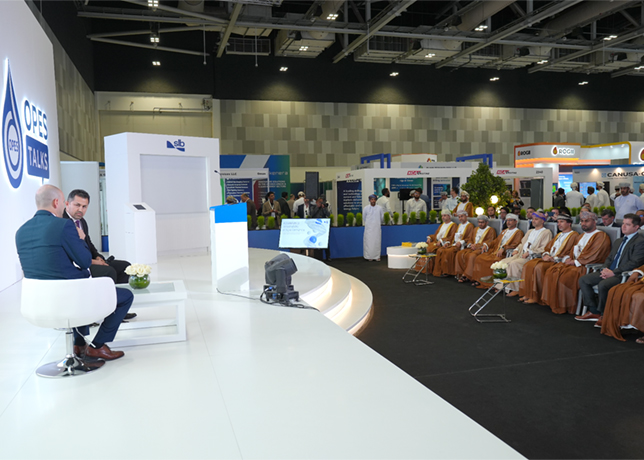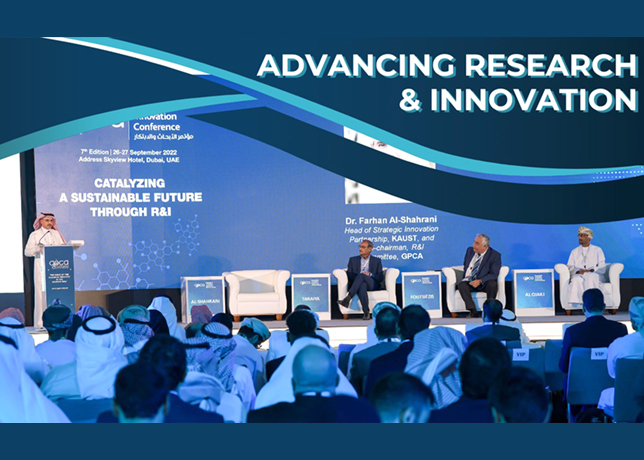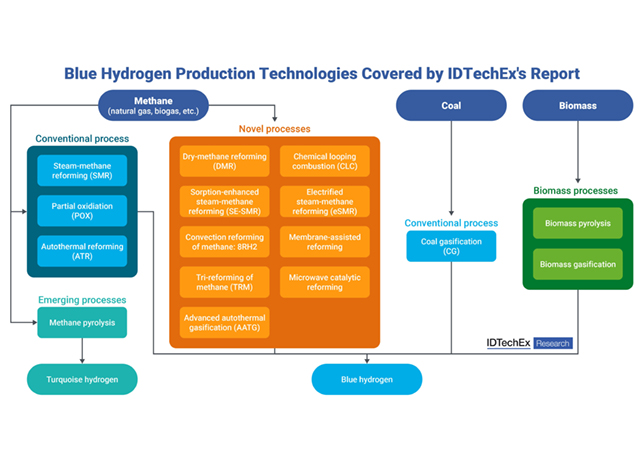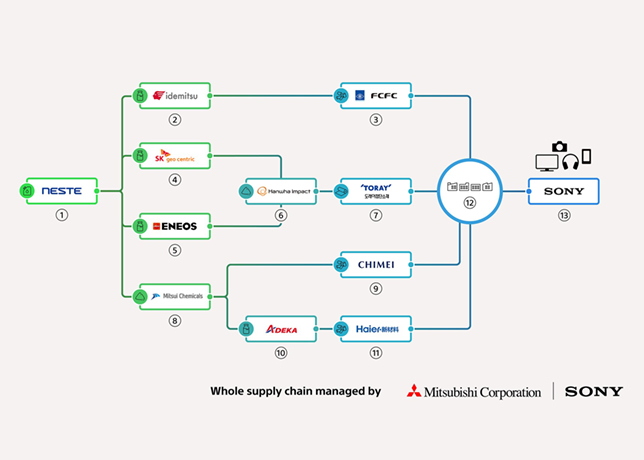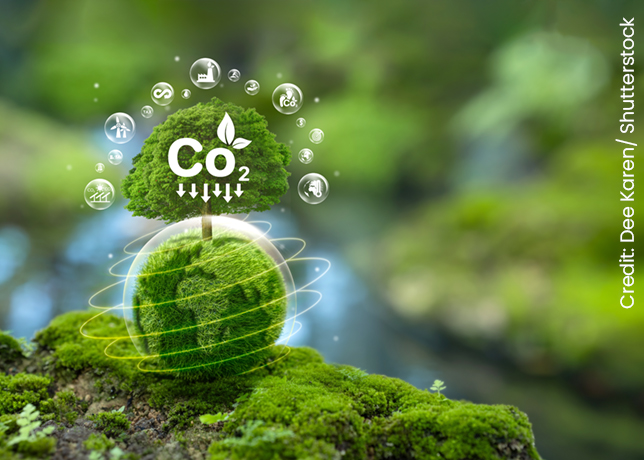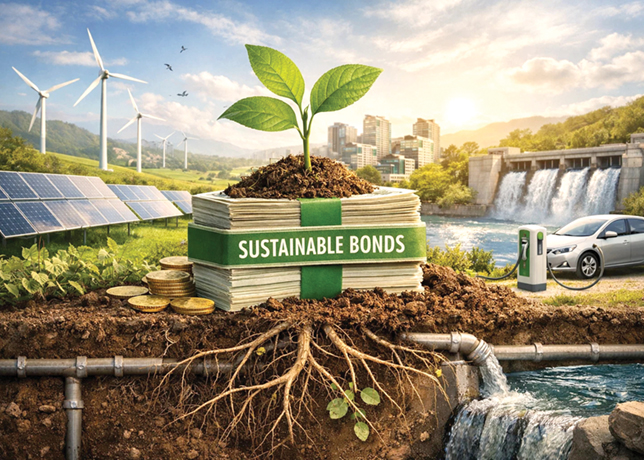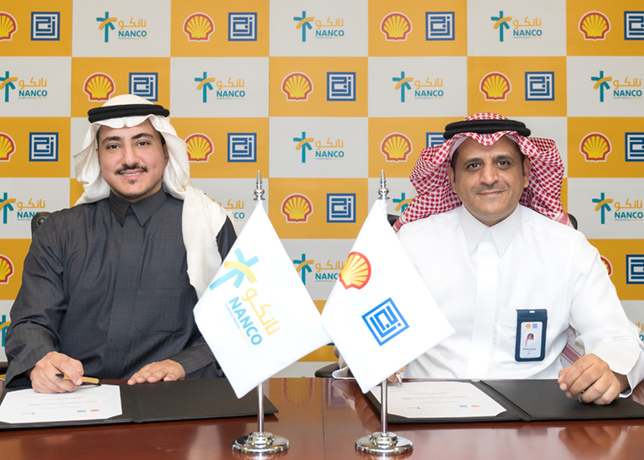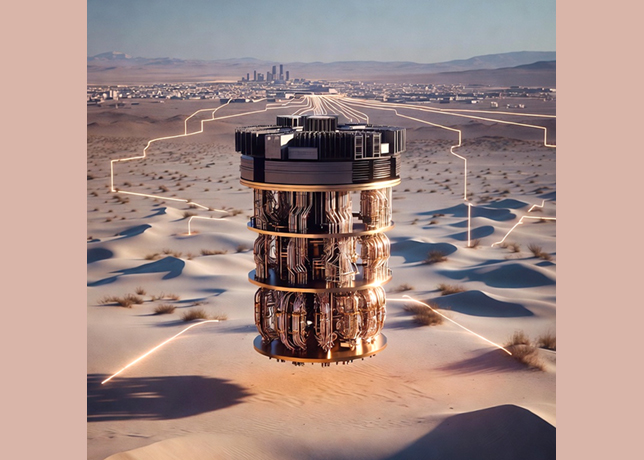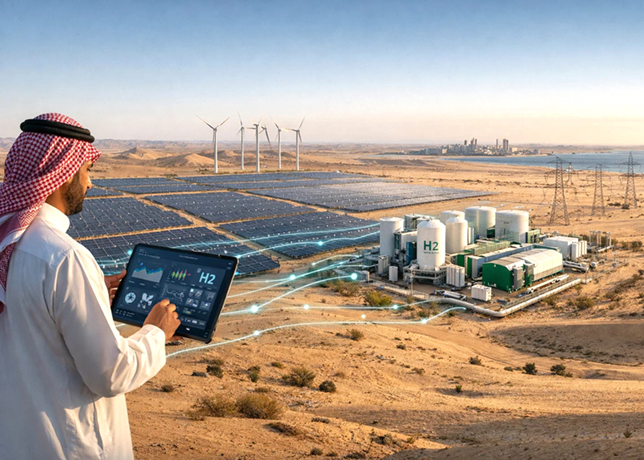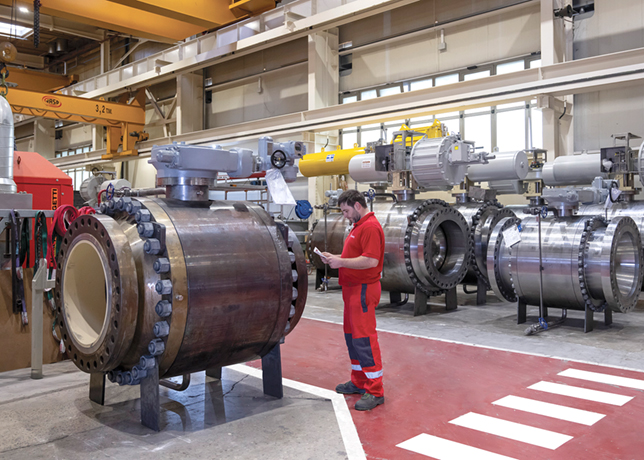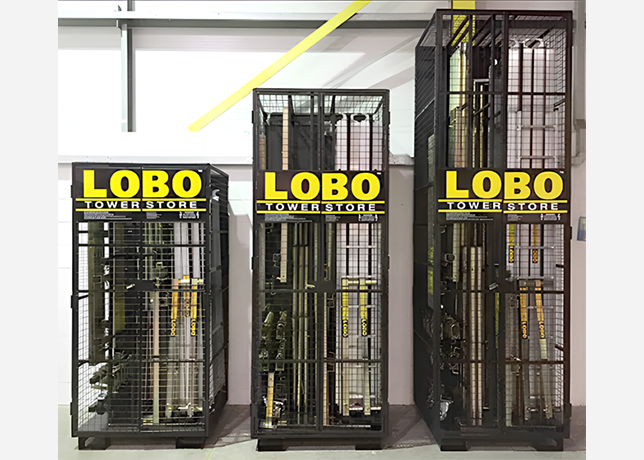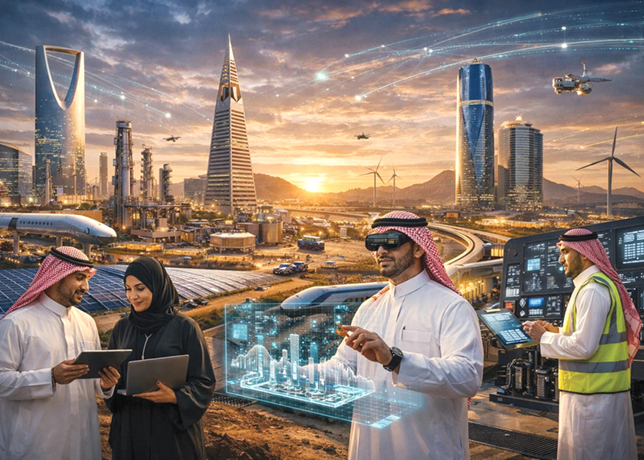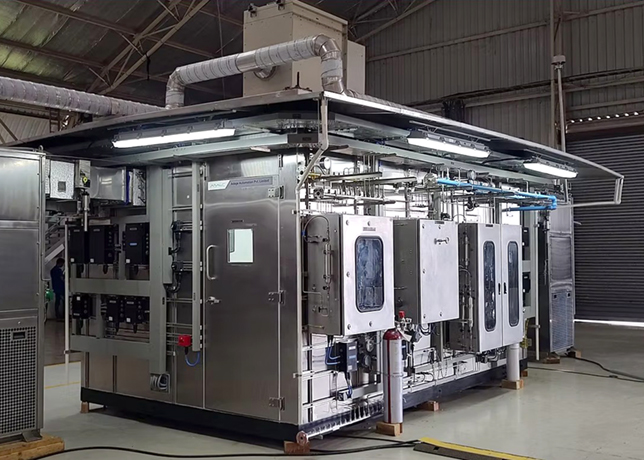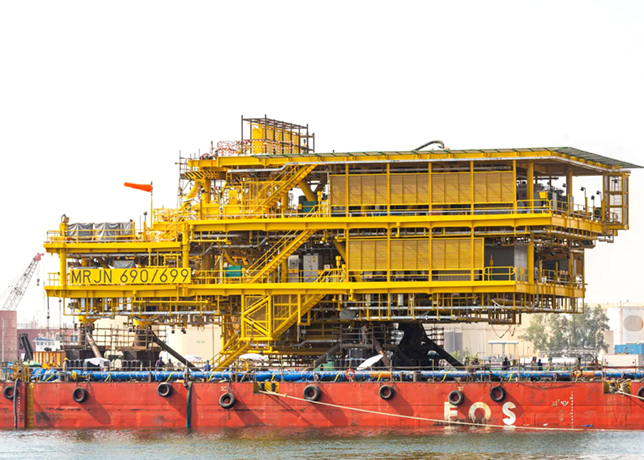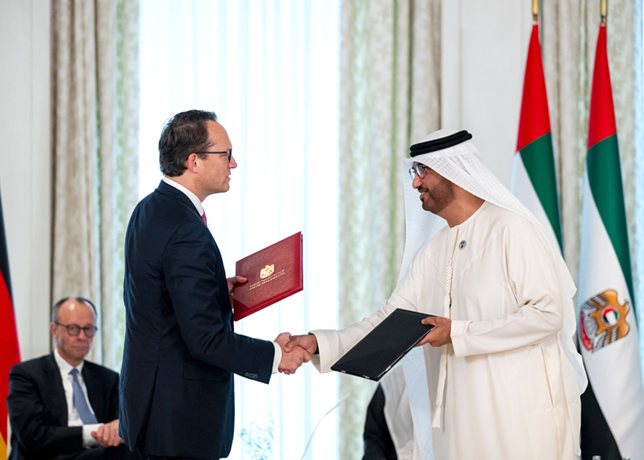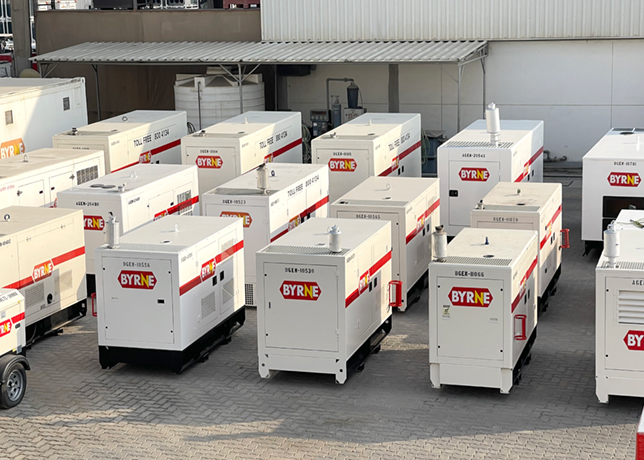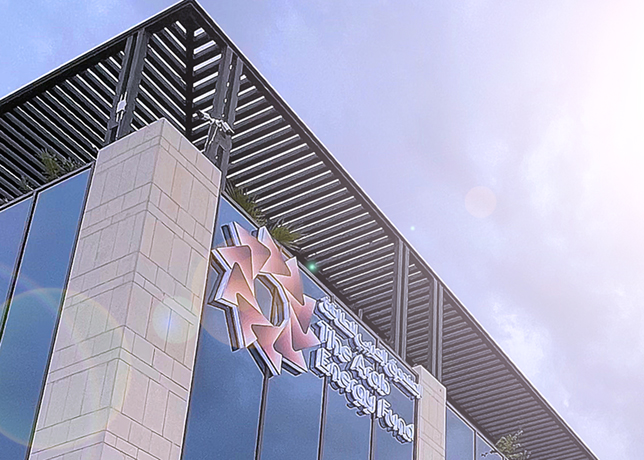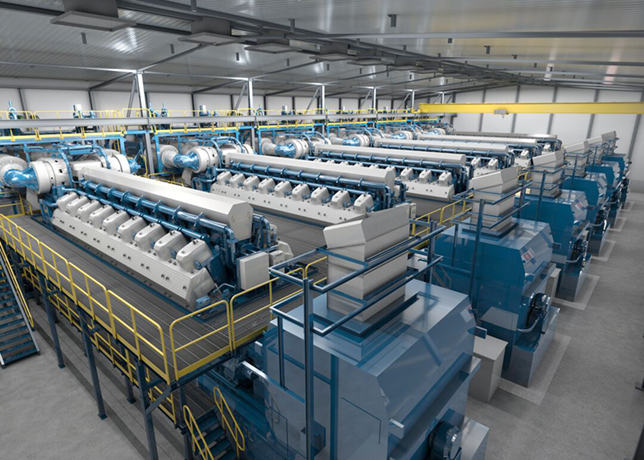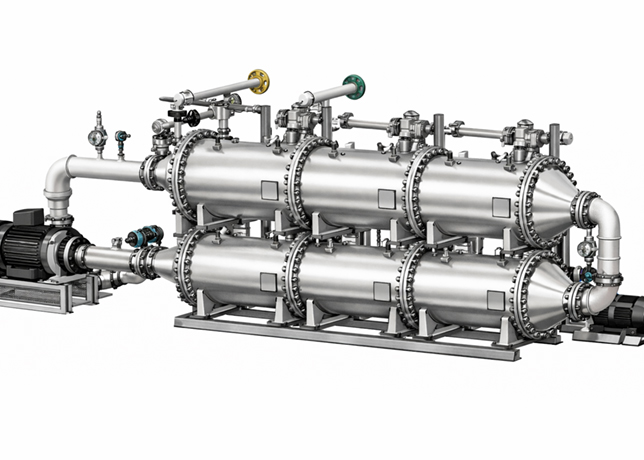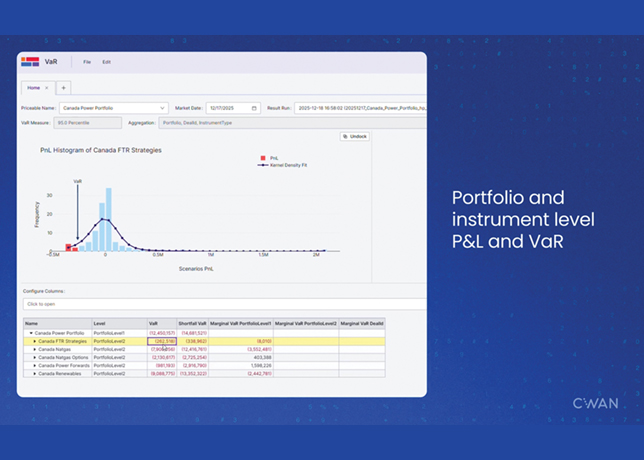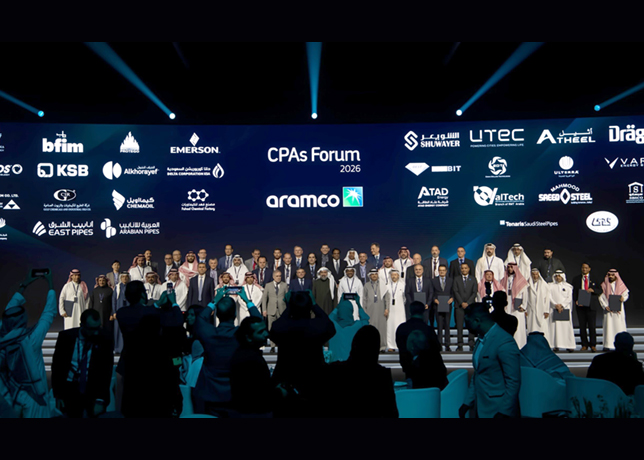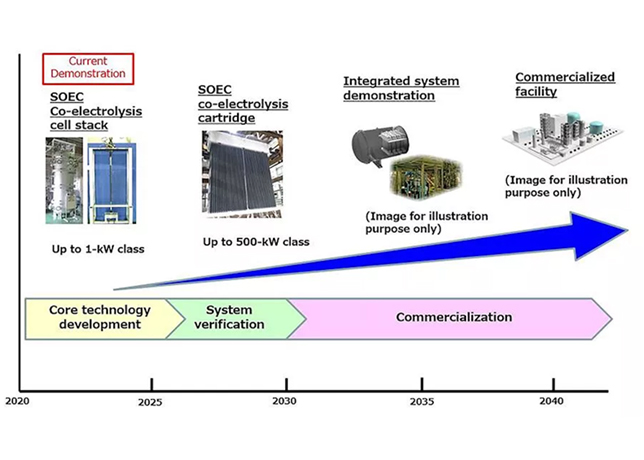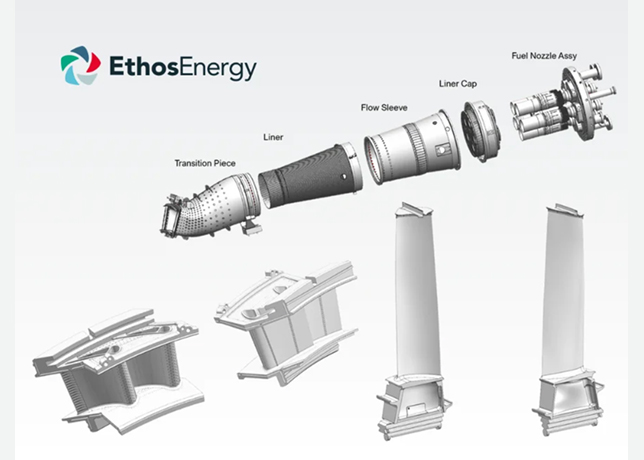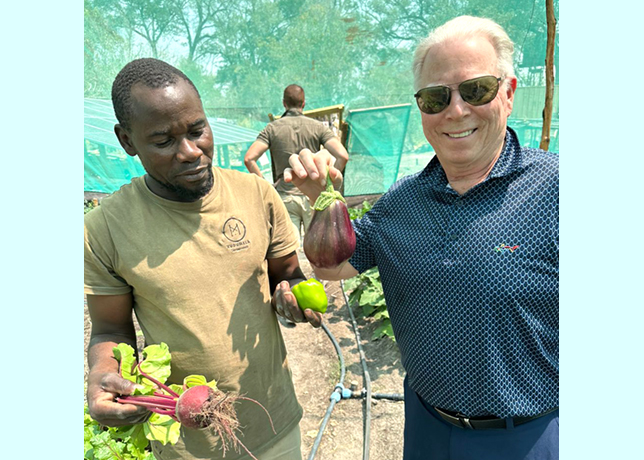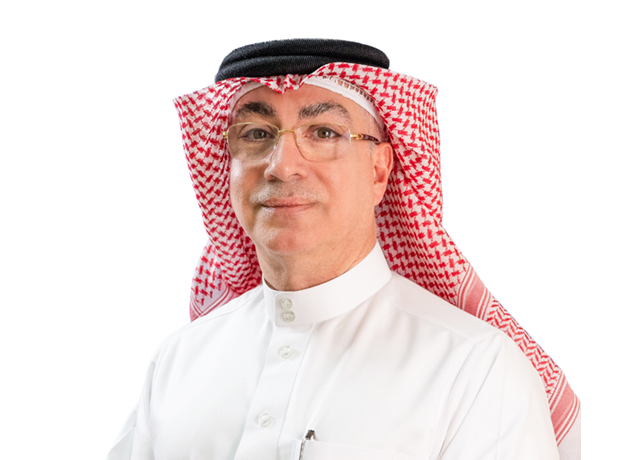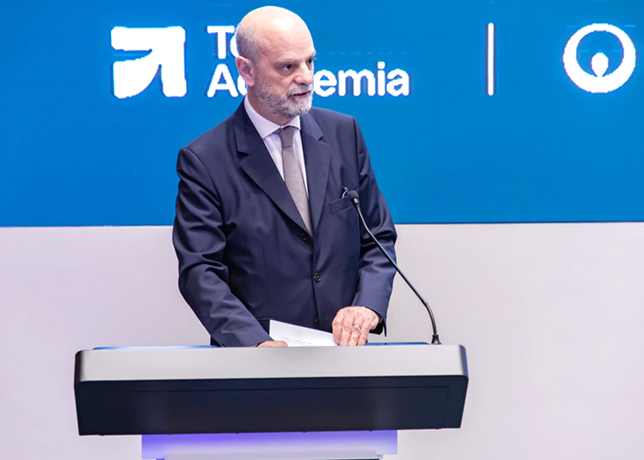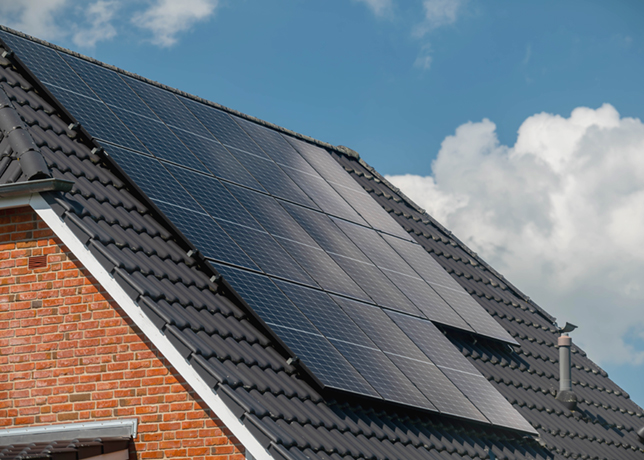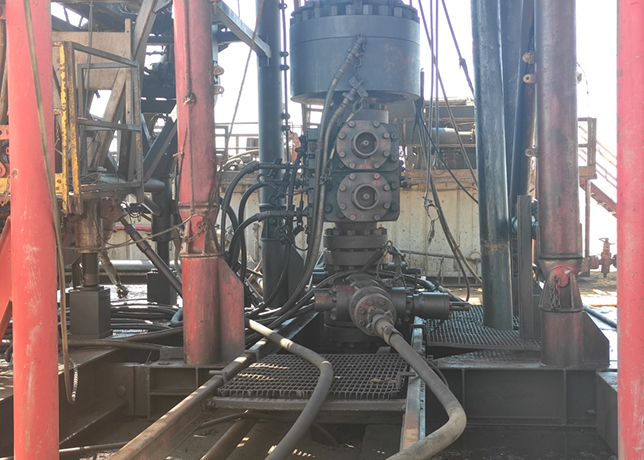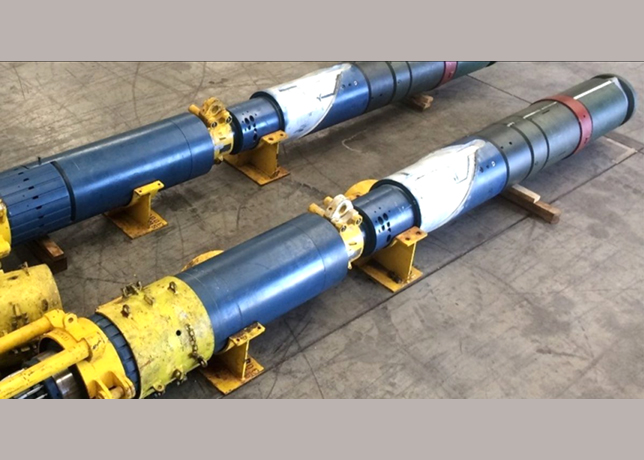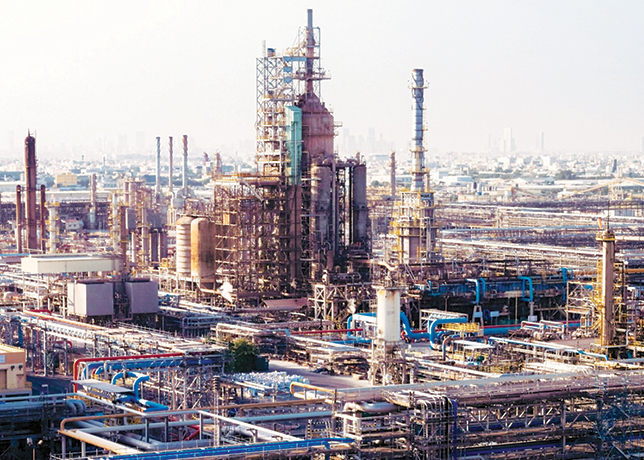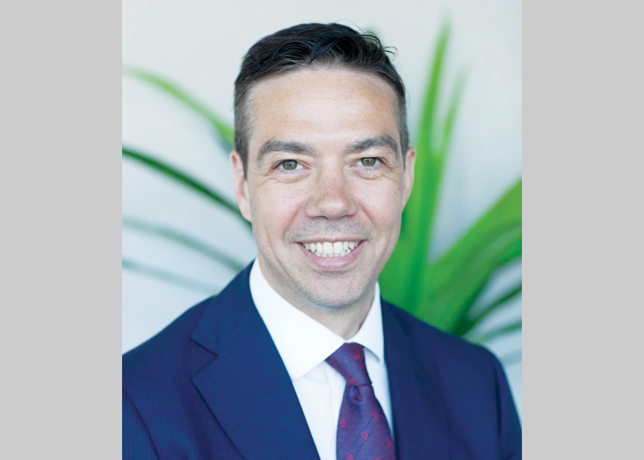
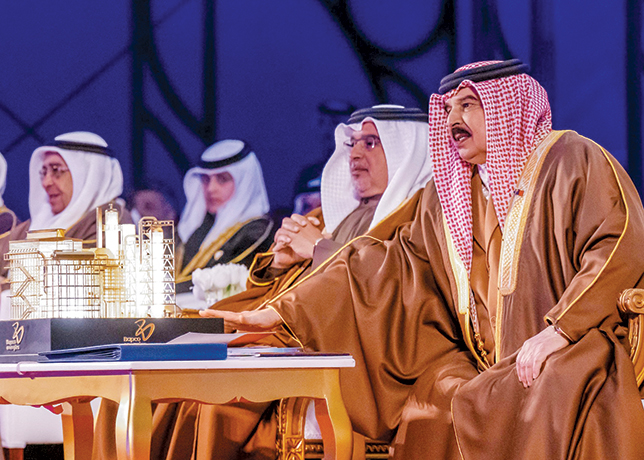 His Majesty King Hamad inaugurates BMP
His Majesty King Hamad inaugurates BMP
Recognising the evolving global energy landscape, Bahrain has invested in the modernisation of its hydrocarbons infrastructure to remain competitive
The Kingdom of Bahrain is entering a transformative era in its energy sector, marked by ambitious modernisation projects, renewable energy initiatives, and a steadfast commitment to sustainability.
While oil continues to be a critical pillar of the nation’s economy, Bahrain is proactively diversifying its energy mix to align with its Vision 2030 and achieve its ambitious goal of net-zero carbon emissions by 2060.
With groundbreaking projects and forward-looking policies, Bahrain is positioning itself as a leader in the energy transition across the Gulf region.
A LEGACY OF OIL & MODERNISATION
Oil has long been the backbone of Bahrain’s economy, contributing more than 70 per cent of government revenues. While Bahrain is the smallest oil producer among GCC countries, it has consistently leveraged its strategic position and resources to maintain economic stability.
The onshore Bahrain Field and offshore Abu Safah Field, shared with Saudi Arabia, remain central to the country’s production, with significant contributions from Abu Safah under an arrangement with Saudi Aramco.
Moreover, the discovery of the Khalij Al-Bahrain reservoir in 2018, which holds an estimated 80 billion barrels of tight oil, has reinvigorated the country’s exploration efforts and bolstered its long-term resource outlook.
Recognising the evolving global energy landscape, Bahrain has invested in the modernisation of its hydrocarbons infrastructure to remain competitive.
The Bapco Modernisation Programme (BMP), a $7 billion project, stands out as one of the most significant investments in the country’s energy sector.
This initiative has expanded the refining capacity of Bahrain’s main refinery from 267,000 barrels per day (bpd) to 400,000 bpd. It will also enable the processing of a broader range of crude oils, improve operational efficiency, and meet stringent environmental standards.
Mark Thomas, CEO of Bapco Energies, highlighted the strategic importance of the BMP, stating: 'By modernising our refinery, we are not only elevating Bahrain’s energy infrastructure but also setting new benchmarks in environmental responsibility and competitiveness.'
This project will ensure that Bahrain’s oil sector remains a vital component of the economy while aligning with global trends toward sustainable practices.
To further enhance efficiency, Bahrain has embraced advanced technologies stemming from the Fourth Industrial Revolution (4IR).
Bapco Upstream, a key player in the sector, has implemented artificial intelligence (AI), big data, and the Internet of Things (IoT) to optimise operations.
For instance, its cloud-based big data platform enables predictive maintenance, helping to avoid costly operational disruptions. These advancements ensure that Bahrain’s energy sector remains competitive while contributing to environmental goals.
DRIVING ENERGY TRANSITION
Bahrain’s transition from an oil-reliant economy to a diversified energy landscape is spearheaded by Bapco Energies, an integrated energy company with operations spanning upstream, midstream, and downstream sectors.
Under the leadership of His Highness Shaikh Nasser bin Hamad Al Khalifa, the company has taken bold steps toward integrating renewable energy and decarbonisation into the Kingdom’s energy strategy.
One of the most notable projects is Bapco Energies’ partnership with Masdar, the UAE’s leading renewable energy company, to develop wind farms with a potential capacity of 2 gigawatts (GW).
These wind farms, the first of their kind in Bahrain and the Middle East, will support the decarbonisation of critical industrial sectors while contributing significantly to the Kingdom’s renewable energy goals.
This initiative underscores Bahrain’s commitment to fostering regional collaboration and leveraging international expertise to achieve sustainability.
Bahrain’s National Energy Strategy sets clear targets to support the Kingdom’s net-zero goal by 2060. These include a 30 per cent reduction in carbon emissions by 2035 and the production of 710 megawatts (MW) from renewable energy sources within the same timeframe.
The Sustainable Energy Authority (SEA), established in 2019, plays a pivotal role in these efforts, focusing on solar, wind, and waste-to-energy projects. SEA’s initiatives aim to integrate renewable energy into Bahrain’s power grid, reduce reliance on fossil fuels, and enhance energy efficiency.
In addition to renewable projects, Bahrain is investing in the expansion of its electricity and water infrastructure.
The Sitra Independent Power and Water Plant and the Hidd Water Production Plant, set for completion by 2029, are key components of this strategy. These facilities will enhance production capacity while incorporating advanced technologies to improve efficiency and reduce greenhouse gas emissions.
Kamal bin Ahmed Mohammed, President of the Electricity and Water Authority (EWA), emphasised that these projects reflect Bahrain’s commitment to sustainability and its readiness to meet growing urban and industrial demands.
Carbon capture and storage (CCS) technology is also gaining traction in Bahrain. With its concentrated industrial footprint and abundance of spent oil reservoirs, the Kingdom is well-positioned to deploy CCS solutions across its energy and industrial sectors.
These technologies will play a crucial role in mitigating emissions from Bahrain’s traditional hydrocarbons operations, further advancing the country’s decarbonisation goals.
A SUSTAINABLE VISION FOR THE FUTURE
Bahrain’s climate ambitions were prominently highlighted at COP29, where Dr Mohammed bin Mubarak bin Dainah, Minister of Oil and Environment, reaffirmed the Kingdom’s dedication to combating climate change.
Despite contributing less than 0.1 per cent of global greenhouse gas emissions, Bahrain is implementing significant measures to reduce its carbon footprint. National initiatives include afforestation, mangrove restoration, and investments in environmental infrastructure to enhance climate resilience.
The government’s efforts to quadruple the number of mangrove trees and expand green spaces reflect a nature-based approach to tackling climate change.
These initiatives, alongside plans to adopt advanced carbon removal technologies, highlight Bahrain’s integrated approach to sustainability.
Dr Bin Dainah emphasised that such efforts align with the National Energy Strategy and support the Kingdom’s transition to a more sustainable economy.
Strategic partnerships have further bolstered Bahrain’s position as a leader in the energy transition. Bapco Energies’ recent sale of a minority stake in the Saudi-Bahrain Pipeline Company to BlackRock is a notable example. The proceeds from this transaction are being used to fund infrastructure upgrades and decarbonisation projects, demonstrating Bahrain’s openness to international collaboration.
Bapco Energies has also secured $500 million in funding from the US Export-Import Bank to expand operations in its oil and gas programme. This funding will support onshore oil and gas development while adhering to stringent environmental and social standards, balancing traditional energy development with sustainability objectives.
CONCLUSION
Bahrain’s energy sector is at a critical juncture, balancing its historical reliance on hydrocarbons with a forward-looking vision for sustainability and innovation.
The Kingdom’s comprehensive approach–modernising its oil infrastructure, investing in renewable energy, and adopting advanced technologies–sets a benchmark for resilience and adaptability in the region.
By Abdulaziz Khattak



